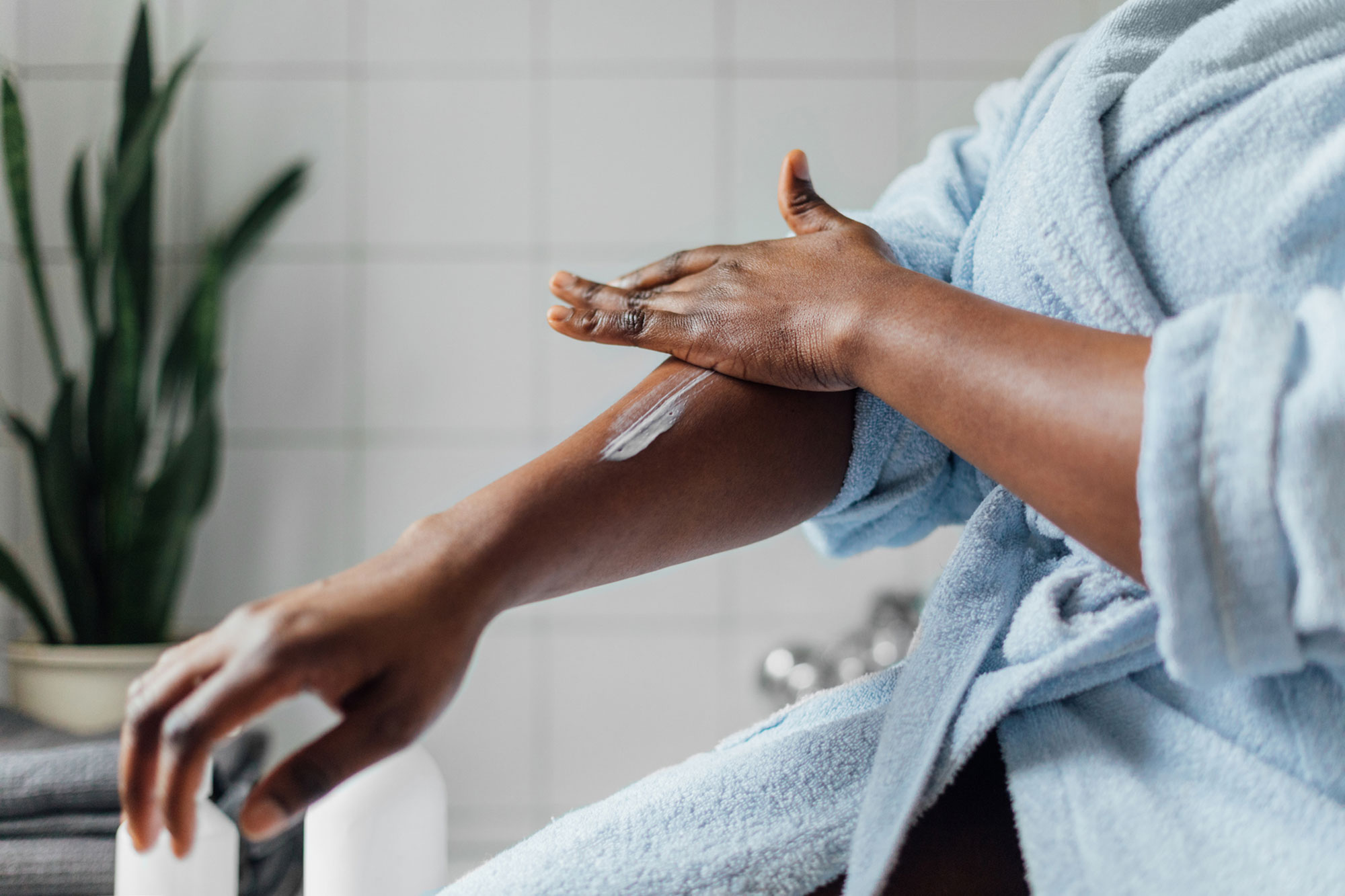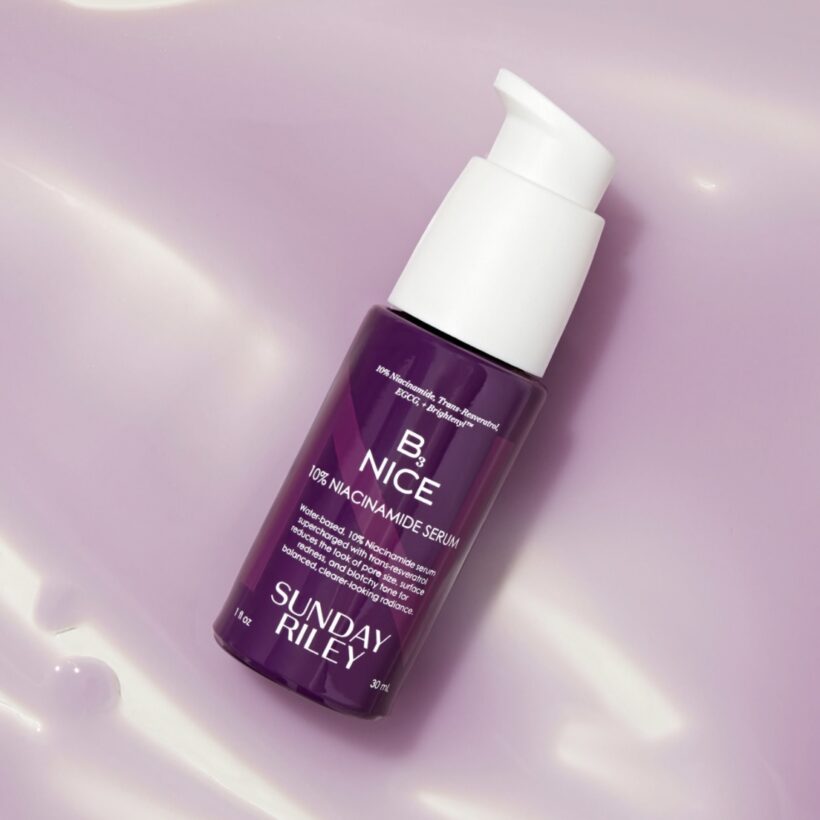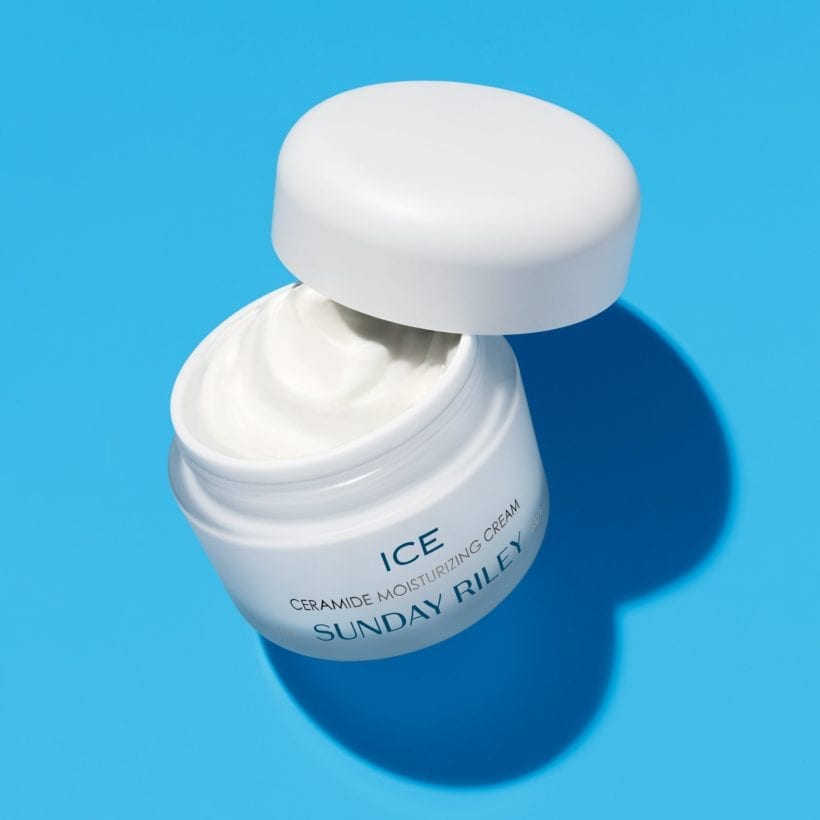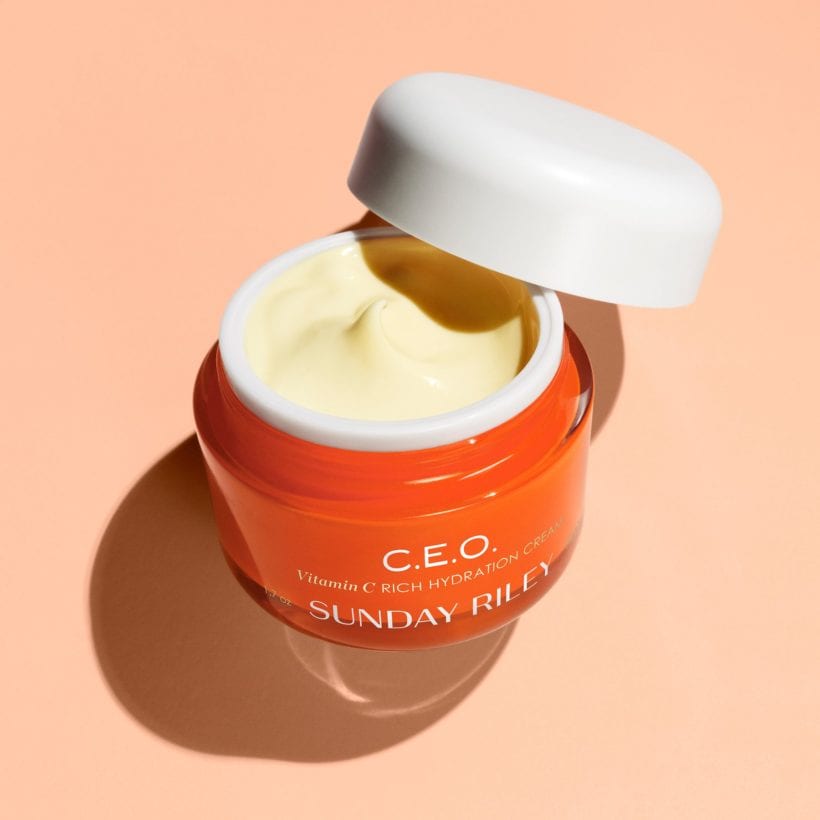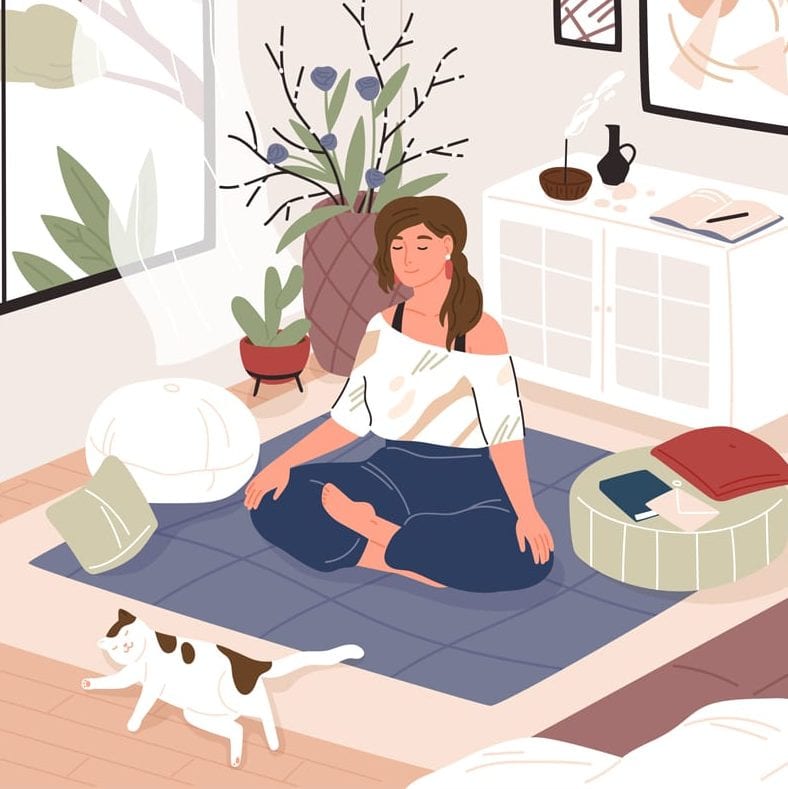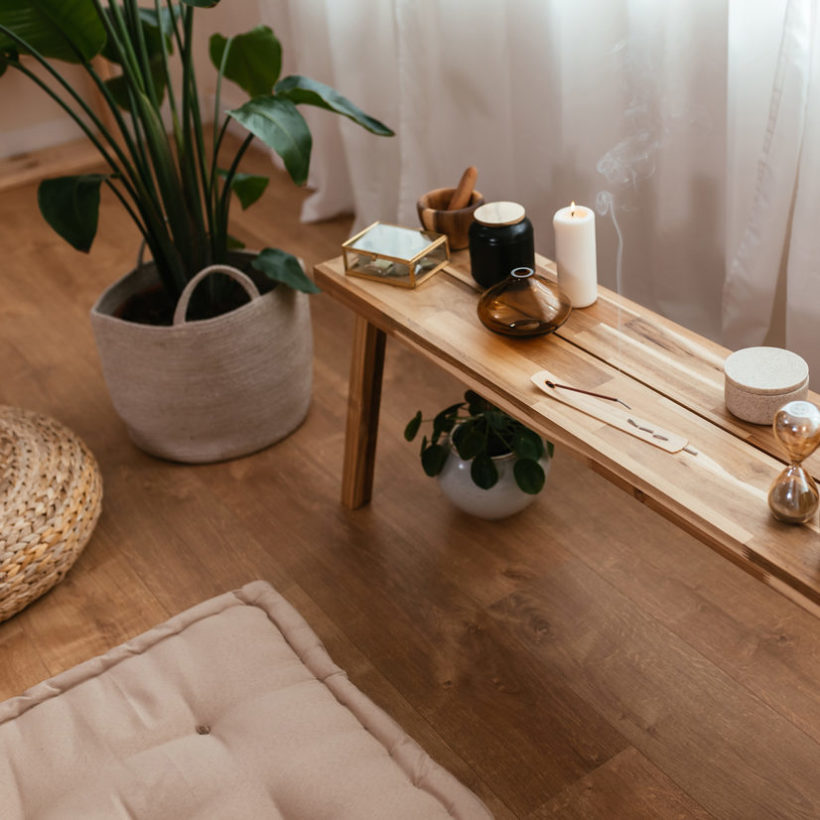Having suffered with eczema on and off for a good 30 years, I know all too well how difficult it can be. While the condition can knock your confidence aesthetically, its uncomfortable nature and that dreaded desire to itch is infuriating. There’s nothing enjoyable about feeling like a shriveled-up snake shedding its skin. While everyone’s eczema has different triggers, the winter months are often worse for sufferers. A combination of cold weather and central heating is a recipe for disaster when it comes to further drying out an already dry skin type.
Dr. Elif Benar
is a London-based dermatologist.
Meet the Experts
Eczema, also known as Atopic Dermatitis, is most common in children (Cleveland Clinic reports between 10-20%) with many growing out of the skin condition by adulthood. However, it still prevails for some adults, affecting around 7.3% of the U.S. population, according to the National Eczema Association. “It’s an inflammatory skin condition that causes itchiness, dry skin, rashes, scaly patches, blisters, and skin infections,” defines Dr. Elif Benar, a London-based dermatologist. “Some people see it manifest as small patches of dry skin, but others can experience severely inflamed eczema over the body. This can range from red to dark brown and purple – depending on the skin color,” she adds. Spots that are often affected include the face, scalp, neck, hands, and the backs of knees and elbows.
What Causes Eczema in the Winter?
The reason some people suffer and others don’t is likely due to genetics. However, the triggers are environmental. Weather is a big one along with dust and pollution but certain products also play a part, from personal care to laundry soaps. Other factors such as diet, sleep, alcohol, and stress levels also impact the skin. The winter is particularly bad due to a number of different triggers that often come together. “Dry air combined with indoor heating systems can dry out your skin. Eczema flares up because the skin can’t stay moist on its own,” Dr. Benar explains. “Flare-ups can also be caused by wearing too many layers of clothing, taking hot baths, or using too many bed coverings.”
During the winter months, it’s important for those prone to eczema to try and keep as much moisture in the skin to combat the drying weather that zaps the natural moisture and causes flare-ups and inflammation. First up, although there’s nothing nicer than sinking in a piping hot bath when it’s chilly outside, it’s best to steer clear. “Keep baths and showers lukewarm,” Dr. Benar advises, adding that the products you use to wash are also important. Try Eucerin Eczema Relief Cream Body Wash, Aveeno Skin Relief Body Wash, or Dr. Bronner’s Castile Soap. Plus, treat the skin with as much TLC as possible: “After you bathe, gently pat your skin with a soft towel. Never rub.”
Moisturize, Moisturize, Moisturize
After cleansing the skin, it’s important to lock in hydration as quickly as possible. “Make sure to use a thick moisturizer as it can lock in water and create a barrier against irritants,” Dr. Benar suggests. “Key ingredients to look out for include oat or shea butter, vitamin E, niacinamides, and humectants,” she adds. There are some nasties to avoid too. “I would avoid formaldehyde which is found in household disinfectants. Isothiazolinone, an antibacterial found in personal care products, and cocamidopropyl betaine, which is used to thicken shampoos and lotions,” Dr. Benar confirms.
Beyond this, there are some lifestyle switches that can really go the distance. “Dress in breathable materials as some fibers like nylon and wool can irritate the skin further,” Dr. Benar recommends. It could also be worth investing in an electric humidifier which helps distribute more moisture into your home to ensure the air isn’t so drying.
Avoiding scratching is crucial but easier said than done in many cases. One trick to help soften the blow is investing in acrylic nails as they aren’t as harsh on the skin; it’s also an excuse to treat yourself to a nice manicure. If not, you could try wearing cotton gloves, especially while you sleep. Practicing relaxing techniques like meditation, mindfulness, or gentle yoga — especially before bed — can help you calm down and take your mind off the dreaded itching.
Eczema can be an upsetting condition, especially when you feel like the environment is against you. Although everyone is unique, if you are armed with some solid advice and product recommendations you can hopefully keep flare-ups at bay and your skin happy over the winter.
We only recommend products we have independently researched, tested, and loved. If you purchase a product found through our links, Sunday Edit may earn an affiliate commission.
